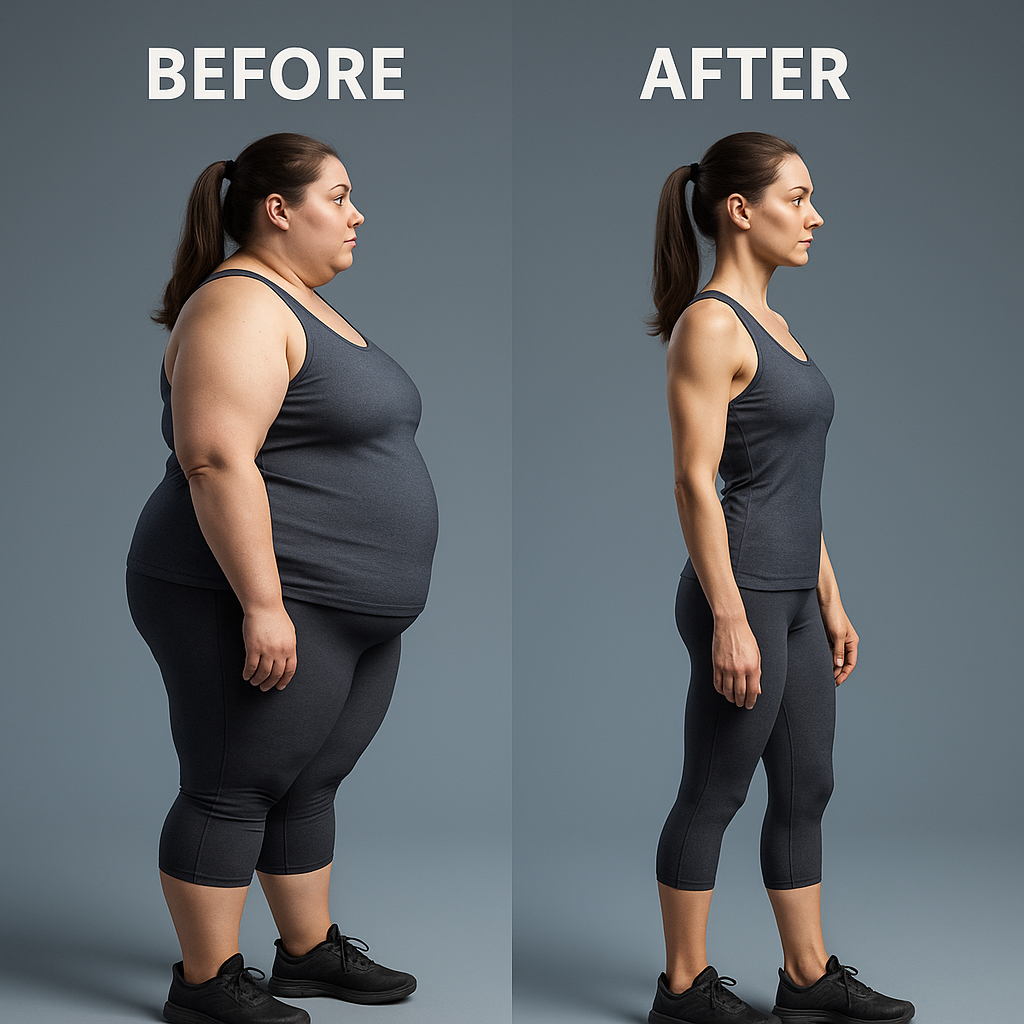Obesity and Prevention: Causes, Effects, and Treatment Options
Introduction: What to Know About Obesity and Prevention
Obesity is a health condition where a person has too much body fat. This happens when someone eats more calories than their body can use. Over time, the unused calories are stored as fat. This extra fat can cause serious health problems like diabetes, heart disease, and joint pain.

In the United States, overweight and obesity are very common. These conditions mean the body has more and larger fat cells than usual. Many things can lead to obesity, such as eating habits, not getting enough exercise, poor sleep, some medicines, and even family history.
Obesity and prevention are now important public health concerns. Obesity increases the risk of heart disease, which is the leading cause of death in the U.S. It is also linked to type 2 diabetes and several types of cancer. Today, almost 3 in 4 adults and 1 in 5 children or teens in the U.S. have overweight or obesity.
Understanding obesity and prevention helps people make healthier choices. Raising awareness about obesity and prevention can support better habits and reduce serious health risks.
Causes of Obesity and Prevention Strategies
Obesity doesn’t happen overnight. Several factors can lead to weight gain. These include unhealthy eating, low physical activity, poor sleep, certain medications, and genetics.
Obesity and prevention go hand in hand. To prevent obesity, people should focus on eating balanced meals, getting regular physical activity, sleeping well, and managing stress. It’s easier to prevent obesity than to treat it later.
Effects of Obesity on the Body
Obesity affects many parts of the body. It increases the risk of:
-
Type 2 diabetes
-
Heart disease and stroke
-
Some cancers
-
Joint pain and arthritis
-
Breathing issues
These health problems can lower the quality of life. Therefore, focusing on obesity and prevention can protect both your body and your mind.
Types of Obesity
Obesity is not the same for everyone. There are different types, such as:
-
Diet-related obesity caused by overeating
-
Genetic obesity passed down through families
-
Secondary obesity linked to medical conditions or medicine use
Knowing the type of obesity helps create the best plan for treatment and prevention.
Treatment for Overweight and Obesity
Lifestyle Changes First
Doctors often suggest lifestyle changes as the first step. These include:
-
Eating healthier meals
-
Being more active
-
Getting enough sleep
-
Reducing screen time
These actions are key to obesity and prevention. They help you lose weight slowly and safely.
How Much Weight Should You Lose?
Even small weight loss can help your health. Losing just 5% of your body weight over six months makes a big difference.
For example, if you weigh 200 pounds, losing 10 pounds can lower your risk for heart disease and diabetes. It also makes you feel better physically and emotionally.
Medicines That Support Weight Loss
Sometimes, diet and exercise aren’t enough. In these cases, doctors may recommend weight-loss medicines. These medicines help reduce appetite or make you feel full faster.
Even when taking medicines, it’s important to stay active and follow a healthy diet. Medicines work best when combined with good daily habits.
When Is Weight-Loss Surgery Needed?
Weight-loss surgery is a stronger option. Doctors may suggest it for people with a high body mass index (BMI), especially if they have health problems like diabetes or sleep apnea.
Surgery changes how your stomach or digestive system works. As a result, you eat less and feel full sooner. It is one of the most effective ways to treat severe obesity.
Weight-Loss Devices: A New Option
If lifestyle changes and medicines don’t work, weight-loss devices may help. These tools are placed in your stomach or intestines to control hunger or digestion.
Because these devices are new, doctors are still studying how safe and helpful they are in the long run.
Tailored Weight-Loss Programs
In many cases, a customized plan works best. Doctors may send you to a weight-loss team or specialist. These experts design a program just for you.
A good weight-loss program often includes:
-
14 or more coaching sessions in six months
-
A food plan that fits your body’s needs
-
At least 150 minutes of weekly exercise
-
Regular tracking of your meals and weight
-
Support through in-person or online check-ins
Smartphone apps and websites can also help you stay on track with your goals.
Conclusion: Why Obesity and Prevention Matter
Fighting obesity takes time and effort, but it’s worth it. By learning more about obesity and prevention, you can protect yourself from serious diseases and live a healthier life.
Whether through simple daily changes or professional treatments, taking action now can help you feel better and stay healthy in the future.
